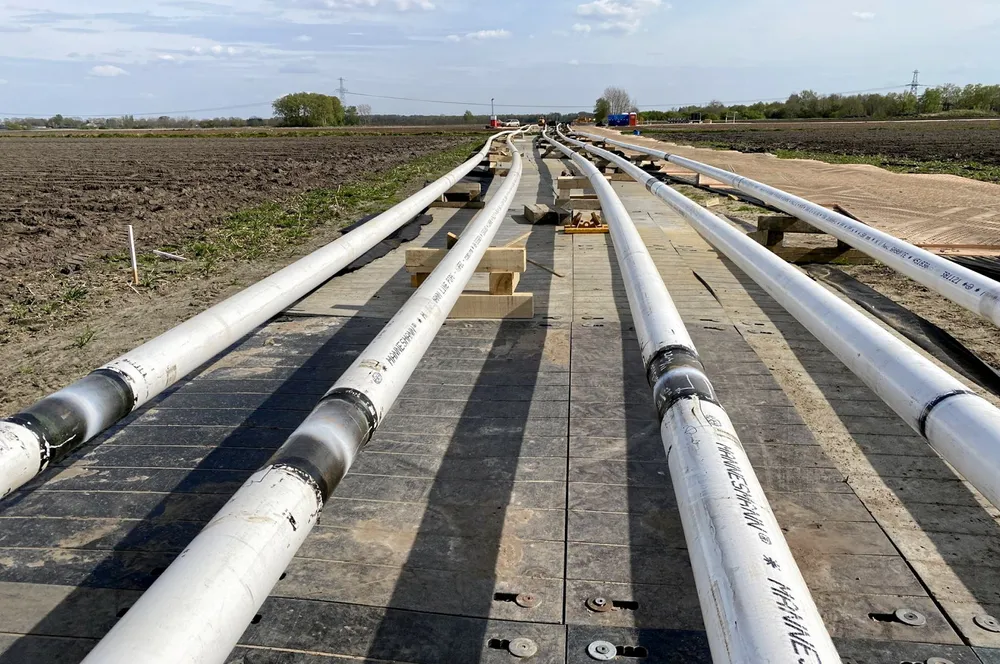Dutch gas grid operator takes €100m FID on first stretch of planned European hydrogen pipeline network
Gasunie will build 30km pipeline between Port of Rotterdam and Pernis, while government’s Groningen shutdown could free up gas pipelines for future repurposing into H2 network
